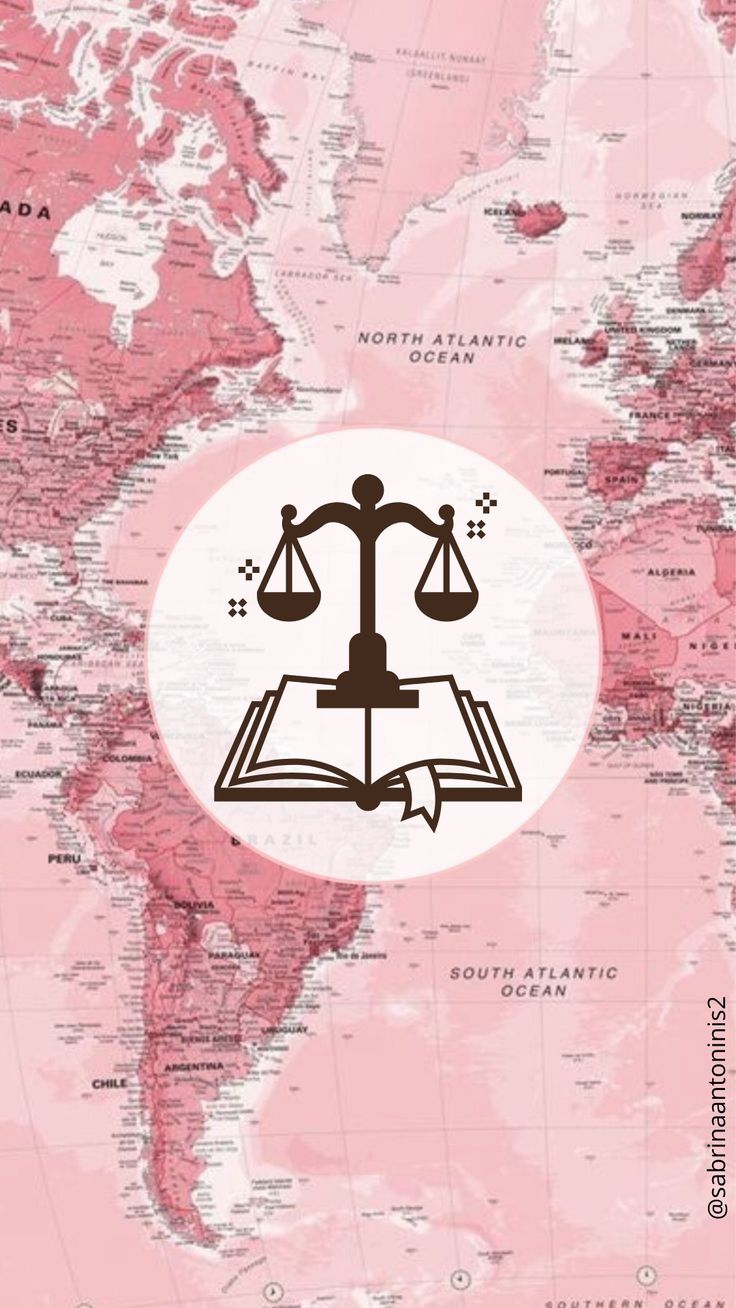Information law: Concepts, principles and regulation
Introduction
Information law is a branch of law that regulates relations related to information, its creation, processing, storage, transfer and protection. This area of law is becoming increasingly relevant in the modern world, where information technology and data exchange are becoming increasingly important. In this article, we will consider the basic concepts, principles, sources and areas of regulation of information law.
The concept of information law
Definition
Information law covers a set of legal norms that regulate relations in the field of information activity. It includes:
- Information: data, knowledge, information regardless of the form of its presentation.
- Information resources: documents and data sets stored in information systems.
- Information technologies: methods, processes and technical means used to collect, process, store and transmit information.
- Information systems: systems that provide storage, processing and transmission of information.
Principles of information law
The principle of information accessibility
Information should be available to the public, except as otherwise provided by law. This includes the right of citizens to access information about the activities of state bodies, local governments and other entities.
The principle of confidentiality
Information containing personal data, trade secrets or other types of confidential information must be protected from unauthorised access and disclosure. The subjects of information relations are obliged to ensure the confidentiality of such information.
The principle of integrity
Information must be accurate, complete and reliable. Subjects of information relations are obliged to ensure the integrity of information during its creation, processing, storage and transmission.
The principle of truthfulness
Information disseminated in information systems must be truthful and not misleading. This is especially important for mass media, which can influence public opinion and decision-making.
Principle of protection of rights of subjects of information relations
Subjects of information relations have the right to protect their rights and legitimate interests in the field of information activity, including the right to appeal against illegal actions and compensation for damages.
Sources of information law
The Constitution of Ukraine
The Constitution of Ukraine enshrines the fundamental rights and freedoms of citizens in the field of information activity, including freedom of speech, the right to information, protection of personal data and confidential information.
Laws of Ukraine
The main laws of Ukraine in the field of information law are:
- TheLaw of Ukraine "On Information": regulates the basic principles of information activity, rights and obligations of subjects of information relations, the procedure for access to information and its protection.
- TheLaw of Ukraine "On Access to Public Information": establishes the procedure for granting access to public information held by state bodies and other entities.
- TheLaw of Ukraine "On Personal Data Protection": regulates the procedure for processing, storage and protection of personal data, the rights of personal data subjects and the obligations of data owners.
- TheLaw of Ukraine "On Telecommunications": regulates relations in the field of telecommunications, including access to telecommunications services, consumer protection and information security.
- TheLaw of Ukraine "On Electronic Documents and Electronic Document Management": establishes the legal framework for the use of electronic documents and the organisation of electronic document management.
By-laws and regulations
National and international standards, resolutions, instructions and other regulatory documents governing certain aspects of information activities, including information protection, information security, personal data processing, etc.
Areas of information law regulation
Intellectual property
Intellectual property covers rights to the results of creative activity, such as copyrights, patents, trademarks, trade secrets, etc. Information law regulates the protection of intellectual property in the digital environment, including copyright protection on the Internet and the fight against piracy.
Protection of personal data
Personal data protection includes measures to ensure the confidentiality and security of personal data processed in information systems. Legislation establishes requirements for the processing of personal data, the rights of personal data subjects and the obligations of data owners.
Information security
Information security includes the protection of information systems from unauthorised access, loss, distortion or disclosure of information. Legislation establishes requirements for information security, including the use of cryptographic means of protecting information, cybersecurity measures, etc.
Freedom of speech and access to information
Freedom of speech and access to information are fundamental human rights that ensure the possibility of free expression of opinions and the receipt and dissemination of information. Legislation regulates the procedure for granting access to public information, protection of journalists and freedom of mass media.
Electronic documents and electronic document management
Electronic documents and electronic document management include the legal framework for the creation, processing, storage and transmission of electronic documents. Legislation sets requirements for electronic signatures, electronic archiving and the organisation of electronic document management.
Mechanisms of protection of rights in the field of information law
Judicial protection
Citizens and legal entities have the right to apply to court to protect their rights and interests in the field of information activities. The court may decide to compensate damages, impose fines or apply other measures of influence to violators.
Administrative protection
Administrative authorities, such as the State Service of Ukraine for Personal Data Protection and the National Commission for the Regulation of Communications and Informatisation, monitor compliance with information law and have the authority to apply administrative measures to violators.
Self-regulation
Organisations operating in the field of information technology and mass media may establish self-regulatory bodies to monitor compliance with standards and ethical norms in their industry.
Conclusion.
Information law is an important branch of law that regulates relations in the field of information activities. The main principles of information law include accessibility, confidentiality, integrity, truthfulness and protection of the rights of subjects of information relations. Sources of information law include the Constitution of Ukraine, laws, bylaws and international standards.
- So, it doesn't matter whether you need a lawyer's advice or a lawyer's advice. Legal marketplace "CONSULTANT" will help you solve any problem! All the necessary services at any time: analysis of documents, legal analysis of the situation, legal analysis of the situation, written advice, verification of documents by a lawyer, legal analysis of documents, legal opinion of a lawyer, legal opinion of a lawyer, legal analysis. Are you looking for an online lawyer or a lawyer online? Choose CONSULTANT - a lawyer is always at your side!
- Our legal opinion and legal opinion of a lawyer, legal analysis with a lawyer online and legal advice will help you at any time! Order a document review by a lawyer and general legal analysis right now! And with the services of a lawyer's consultation and document analysis with a written consultation - you will get the whole range of necessary services!



























